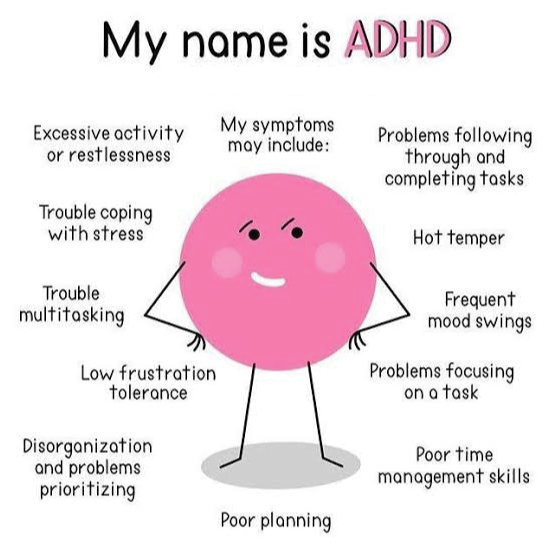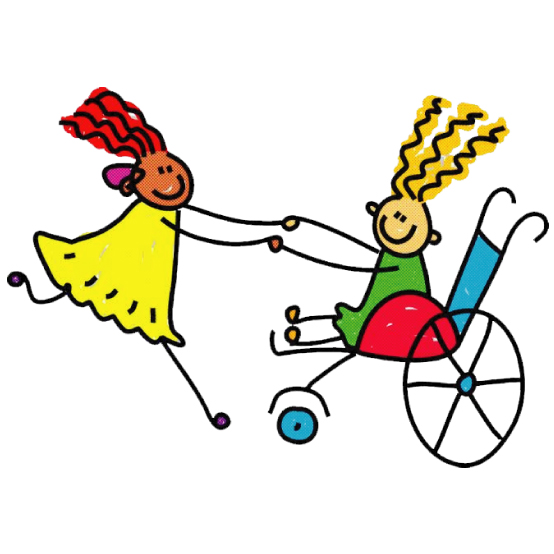WHOM WE CARTER FOR


7
WHAT WE DO
23
YEARS OF SERVICE
1000
CHILDREN HELPED
10
WHOM WE CATER FOR

Post Meningitis
These are the after effects most likely to be caused by meningitis
Signs and Symptoms
1. Memory loss/lack of concentration/difficulty retaining information.
2. Clumsiness/co-ordination problems.
3. Headaches
4. Deafness/hearing problems/tinnitus/dizziness/loss of balance.
5. Epilepsy/seizures.
6. Weakness/paralysis/spasms.
7. Speech problems.
8. Loss of sight/vision problems
